Celebrating Christian funerals
People
The Christian journey begins with baptism and comes to its earthly conclusion with the Funeral Mass and subsequent burial or cremation. From that moment on we enter the realm of eternal life with God.
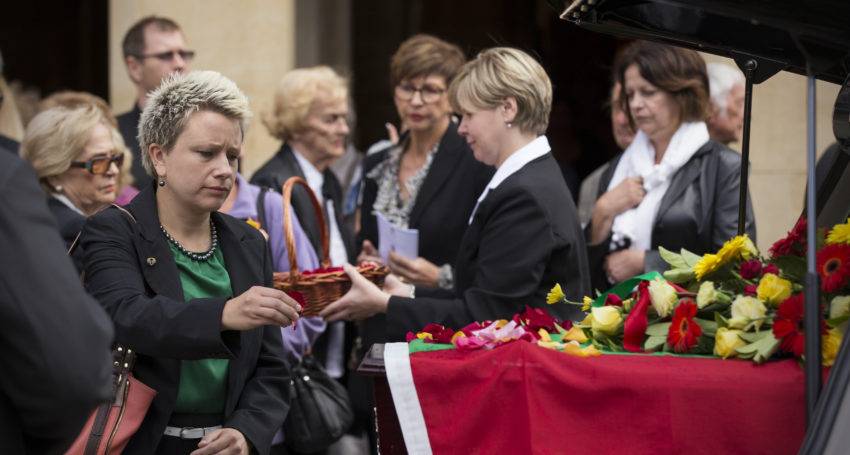
The Order of Christian Funerals was published in 1989. A very interesting and important feature of this Order is that there is not just one rite, but a sequence of rites, each taking us a step further along a journey of prayer and faith.
First comes the Vigil, usually held in the church on the evening before the funeral, where the story of the deceased person is shared and we acknowledge our grief and loss. It normally consists of prayers, readings from scripture and hymns but may also include part of the Rosary and/or other customs from our multicultural diversity.
Advertisement
The second rite is the Funeral Mass (no longer called a Requiem Mass), celebrated in the church. Every Catholic liturgy has Christ at its centre, and the Order of Christian Funerals is no different. While we certainly consider the life of the person who has died, the primary function of the Funeral Mass is not to ‘celebrate their life’ but to remember how Christ’s resurrection from the dead gives us hope for our own resurrection and life forever with God. It also gives praise and thanks to God, the creator of all life; it acknowledges the bond between the living and the dead in the communion of saints; and it gives comfort and consolation to those who are mourning.
Because no ‘one size fits all’ when it comes to a funeral, the Church asks for true collaboration between the family, the priest and the other liturgical ministers (such as the musicians) and offers a wide selection of scriptural texts to choose from. Some parishes have a bereavement ministry team to help with the preparation of funerals and ensure that the family’s pastoral needs are met.
Many of the symbols used in the funeral Mass recall baptism: the holy water and white pall remind us of our immersion into water and putting on a white garment; the cross and the paschal candle reminds us that with baptism we died to sin and rose to new life with Christ in the Holy Spirit.
Advertisement
The music of the Funeral Mass needs to be chosen carefully. Some link to the readings from scripture and the message of Christian hope should be evident. Liturgy is always prayer to God and secular songs are not appropriate here.
The question of having a eulogy at the Funeral Mass is a vexed one. A custom has developed whereby one (or more) family members or friends speak in remembrance of the deceased person at the beginning of the Mass. Unfortunately this often goes on for quite a long time and can completely overshadow the purpose of the liturgy: to acknowledge God as creator of all, and to remember that it is only because of Christ’s death and resurrection that we have the hope of eternal happiness. The liturgy does allow for a member of the family to speak about their loved one, but the time for this is at the end of the Mass, after the Prayer after Communion, just before the Final Commendation. Sometimes a family will choose to have a short video depicting scenes from the person’s life instead of a eulogy, but this is best kept short and should not try to accomplish within the Funeral Mass what is really the function of the Vigil.
Particularly important during the Final Commendation is the ‘song of farewell’ that asks God, together with the angels and saints, to receive the soul of the person who has died. It can easily be sung to the tune of Amazing Grace which is known by most people.
The final act of the Funeral Mass is the touching moment when the coffin is carried from the church. In earlier times it was carried all the way to the place of burial, but nowadays it is generally taken to the hearse and driven either to the cemetery or the crematorium. This is the last act of kindness we can perform for the one who has left us.
Related Story
 People
People
Planning provides peace of mind
The third element in the Order of Christian Funerals is the Committal, which takes place either at the graveside or the crematorium. The Committal is an intense and final act of farewell where we hand over the deceased person to God’s loving and merciful care, and lay them to rest.
The three rites of the Order of Christian Funerals help us to redefine our relationship with the person who has died. They give us reason for great hope – both for the one who has died and for ourselves, since they affirm that ‘in Christ, who rose from the dead, our hope of resurrection has dawned. The sadness of death will give way to the bright promise of immortality’.
Dr Jenny O’Brien is team coordinator and liturgy educator with the Office for Worship, Adelaide.


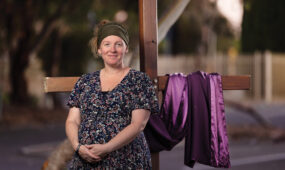
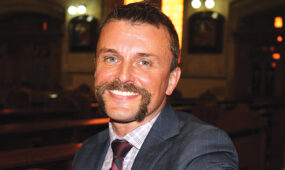
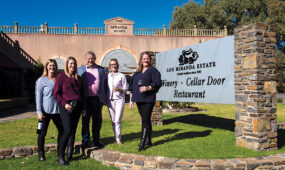
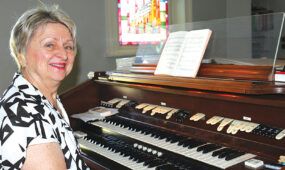

Comments
Show comments Hide comments